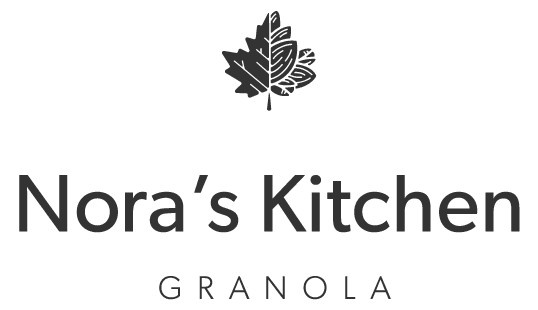The Vegan Society’s definition of veganism is “a way of living which seeks to exclude, as far as is possible and practicable, all forms of exploitation of, and cruelty to, animals.” The critical difference between vegans and vegetarians is that vegans omit animal-based products entirely from their lives, including dairy, eggs, and honey. Some go as far as not wearing leather and avoiding animal-tested makeup due to their ethical problems. These differences in thought result in a wide variety of vegan ideologies, here are four of the most common types of vegan diets.
Ethical/Environmental Vegan Diet
Perhaps the most common and understandable reason why people go vegan is that they want to live a more considerate, humane life. Ethical vegans believe farming and consuming animals and animal products is exploitation at its worst. Some choose the vegan lifestyle as a way to boycott the unethical production of meat, and to reduce their overall carbon footprint. This ideology usually develops into vegans avoiding animal products like makeup, or wearing animal-based clothing like leather and silk.
High Carb Low Fat Vegan Diet
The HCLF diet requires you to eat as many carbohydrates as possible, usually in fruit form, and to avoid fat as much as you can. This type of vegan diet has a few options and is relatively malleable depending on the person. Some people get their carbs from rice, pasta, and potatoes, while others eat mainly fruit, like the raw vegan diet. However, foods containing the healthy fats found in nuts and seeds are very important but are consumed less than other types of vegan diets. The High Carb Low Fat vegan diet is good for new vegans as it allows for a wide variety of food options without some of the more difficult restrictions, like the ones found in the raw diet.
Plant-Based Vegan Diet
Some people follow a plant-based type of vegan diet due to health concerns or simply to lose some weight while maintaining a humane, ethical lifestyle. The plant-based diet is, you guessed it, about eating food that comes from the earth, and is cooked so that the nutrients are preserved. Some plant-based diets only allow for food to be cooked at 115 degrees maximum so that the raw vitamins and minerals are left intact. Vegan diets automatically reduce your intake of saturated fats due to the lack of animal products, but the plant-based vegan diet avoids processed foods altogether, resulting in good “clean eating.”
Raw Vegan Diet
The raw type of vegan diet doesn’t allow anything to be heated or cooked. When food is heated, it loses some of its nutritional value due to the foods’ chemical structure being broken down. A raw vegan diet is comprised mainly of fruits, vegetables, nuts, seeds, and grains. Following this diet can be a bit difficult for some. Some vegans choose to follow a raw diet until 4 pm and then cook a meal for dinner, which is unsurprisingly called the “Raw Till 4” diet. While others subscribe to the 80/10/10 diet which is 80% carbs, 10% protein, and 10% fat.
